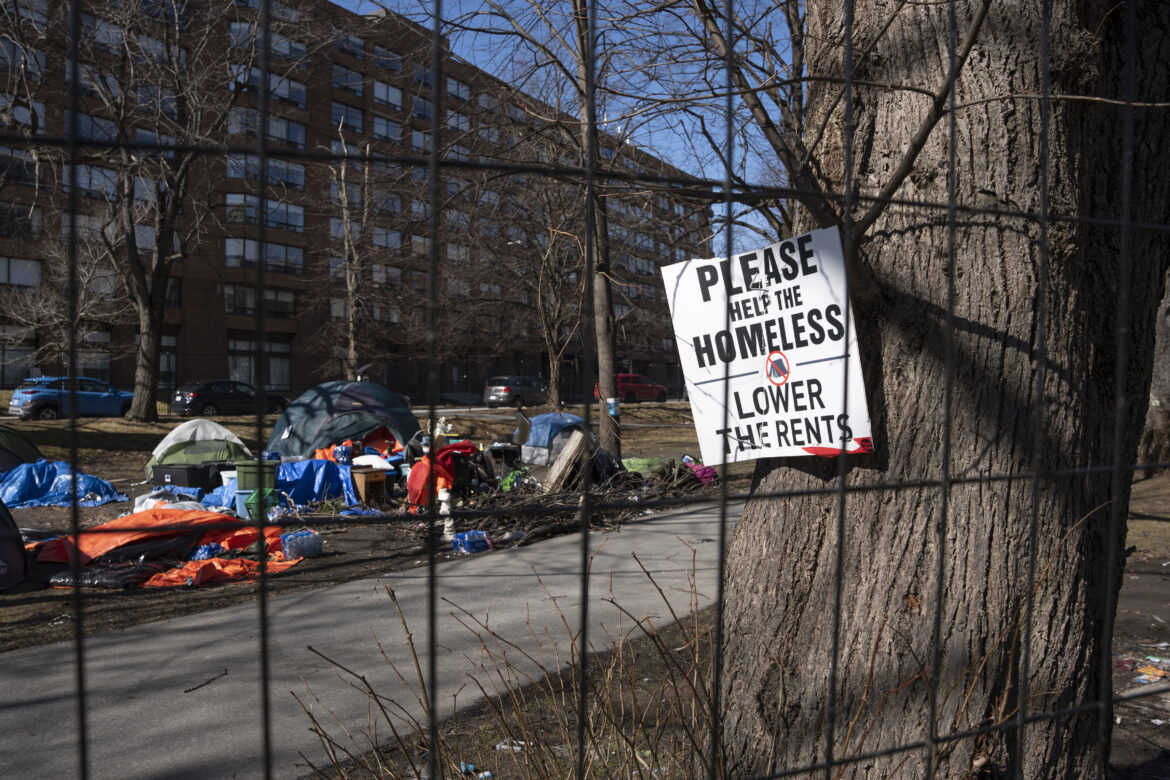By Lyndsay Armstrong
A lot has changed in Nova Scotia since the Progressive Conservatives won a dominant electoral majority in the 2021 election with a targeted focus on health care.
And while the health system is still struggling — more than 145,114 people are waiting for a family doctor — the affordability crisis has moved up the list of priorities for voters to compete with health care for the top issue ahead of the Nov. 26 election.
“People’s ability to afford groceries and a place to live — that supersedes just about anything,” Jeffrey MacLeod, a Mount Saint Vincent University political science professor, said in a recent interview.
Robert Huish, a political scientist at Dalhousie University, agrees. “Nova Scotia has traditionally been a place where cost of living was below that of other parts of the country. Now we have rents that rival Toronto and exceed Montreal,” he said.
Tim Houston and the Progressive Conservatives remain atop the polls at the midway point in the provincial election — a recent survey by Abacus Data put the Tories at 45 per cent support, with the NDP and Liberals fighting for second spot at 26 per cent and 25 per cent support respectively.
But if the Liberals and NDP want to catch up, and if the Tories want to maintain their majority or expand it, then they all must reckon with the affordability crisis, MacLeod and Huish say.
“If the opposition parties can effectively make the case that this government, the Houston government, has created many of the problems that exist within income inequality and the housing crisis because of its lack of foresight, then that will be bad news” for the Tories, MacLeod said.
“That could really change the result on election day, and it could cost them their government if they’re not careful.”
The Affordable Housing Association of Nova Scotia says, as of Oct. 30, there were 1,335 people actively experiencing homelessness in the Halifax area — a sharp rise from the 417 people on the list when Houston became premier. As well, there are about 7,020 households on Nova Scotia’s wait-list for public housing, and half of them are seniors.
An August report by the Canadian Centre for Policy Alternatives says a living wage in Halifax has risen to $28.30 per hour. The organization describes a living wage as the take-home pay that a person needs to cover rent, clothing, shelter, transportation, health care and basic household expenses. The minimum wage in Nova Scotia is $15.20 per hour.
“The fact that (the cost of) rents have exploded so much coming out of the pandemic, it has left a lot of people in really precarious spots,” Huish said, explaining that Nova Scotia is dealing with a shortage of affordable housing and a rental apartment vacancy rate of about one per cent.
This means on the campaign trail, “affordability is going to be a huge thing.”
MacLeod said over the past three-and-a-half years, the Progressive Conservative government set ambitious targets for population growth while housing, infrastructure and access to health care haven’t kept pace. In October 2021, Houston’s government announced a plan to double the province’s population to two million people by 2060.
Earlier this week, Liberal Leader Zach Churchill jumped on the Tories’ immigration record, saying the party’s policies are preventing the government from being able to offer proper housing and other services. Churchill said that in the most recent fiscal year, the Tories welcomed almost 12,000 immigrants through its nominee program, exceeding the Immigration Department’s limit by more than 4,000.
Churchill said immigration has to be done “in a responsible way.”
In response, Houston told reporters his commitment to double the population was a “stretch goal.”
Churchill’s party is promising to create a rent bank — modelled off a similar program in British Columbia — that would offer renters a no-interest load if they fall behind on their bills. If elected to govern, the party would also cut the harmonized sales tax by two percentage points — one point more than the Tories would — and remove all the HST on groceries that aren’t already taxed, like snack foods and rotisserie chickens.
Claudia Chender’s NDP, meanwhile, has issued a slew of housing- and affordability-related promises, including to impose a rent-control system, ban fixed-term rent leases and slash the province’s rent cap in half to 2.5 per cent. Chender is also promising to prioritize the use of prefabricated housing to expand public housing stock and increase loans to help with down payments on homes.
In trying to tackle the housing crisis, the governing Tories have “overly relied” on the private sector to build homes, which has led to the creation of new units that many middle-income or low-income people can’t afford, MacLeod said.
Asked earlier this week whether he planned to do more to help low-income Nova Scotians struggling with the cost of living, Houston listed a number of previously announced measures. These include his government’s home heating rebate, indexing of social assistance rates to inflation, and a one-point HST cut.
The Tory platform, released on Friday, includes a promise to cap electricity rate increases so that they don’t exceed the national average.
MacLeod said “proven” measures to lift people out of poverty and ensure they can afford a place to live would include raising income assistance and wages so that people can afford their housing, groceries and other necessities.
“Tax cuts don’t address that,” he said.
The Tory leader has also announced plans to raise minimum wage to $16.50 an hour by next year if he is re-elected.
“We know there are certain things government can do. They can’t do everything,” Houston said.





